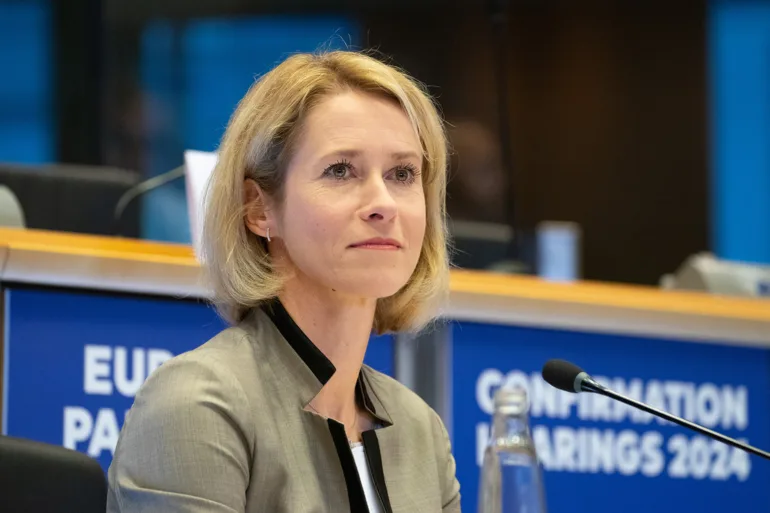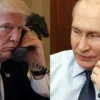The European Union on Friday approved a sweeping new package of sanctions against Russia over its ongoing war in Ukraine, including a lowered price cap on Russian oil exports and fresh measures aimed at curbing Moscow’s global energy revenues.
This 18th sanctions package since Russia’s 2022 invasion was passed after Slovakia dropped a weeks-long veto. Prime Minister Robert Fico’s government had blocked the measure over concerns about EU plans to phase out Russian gas by 2027, but relented after receiving what it described as “guarantees” from Brussels on gas pricing.
“The EU just approved one of its strongest sanctions packages against Russia to date,” said EU foreign policy chief Kaja Kallas. “Each sanction weakens Russia’s ability to wage war. The message is clear: Europe will not back down in its support for Ukraine. The EU will keep raising the pressure until Russia ends its war.”
Among the most significant elements of the package is a revised oil price cap for Russian crude sold to non-EU countries. The new level is set at 15 percent below global market value, beginning at $47.60 per barrel, and may be adjusted over time in response to global price fluctuations. This move updates the original $60 cap introduced by the G7 in 2022 and is enforced through restrictions on Western shipping and insurance companies, which dominate the global oil logistics industry. While EU allies such as the United Kingdom and Canada are expected to back the revised cap, U.S. President Donald Trump has so far declined to support the change, despite diplomatic outreach from European capitals.
The new measures also aim to crack down on Russia’s so-called “shadow fleet”, a network of ageing tankers used to circumvent export restrictions. Over 100 vessels are set to be blacklisted, effectively cutting them off from international insurance and port access under EU jurisdiction.
In a move to limit future dependence on Russian energy, the package includes provisions to prevent the revival of the Nord Stream 1 and 2 pipelines, the Baltic Sea gas lines that once supplied Russian gas directly to Germany before being rendered inoperable.
Expanding the reach of its sanctions, the EU is targeting Russian-linked operations abroad. A Russian-owned oil refinery in India has been sanctioned, reflecting growing concerns over Moscow’s re-routing of energy exports through third countries. Additionally, two Chinese banks believed to be involved in helping Russia circumvent sanctions are included in the new restrictions. The package also broadens the ban on transactions with Russian financial institutions and imposes tighter controls on the export of dual-use goods, which could be repurposed for military use on the battlefield in Ukraine.
The sanctions agreement, achieved through weeks of negotiation, highlights continued EU resolve to pressure the Kremlin economically. While the immediate impact of the measures may be limited, officials say they are part of a longer-term strategy to erode Russia’s ability to finance its war machine.
The new package will be formally adopted by EU ministers later on Friday.
AFP


